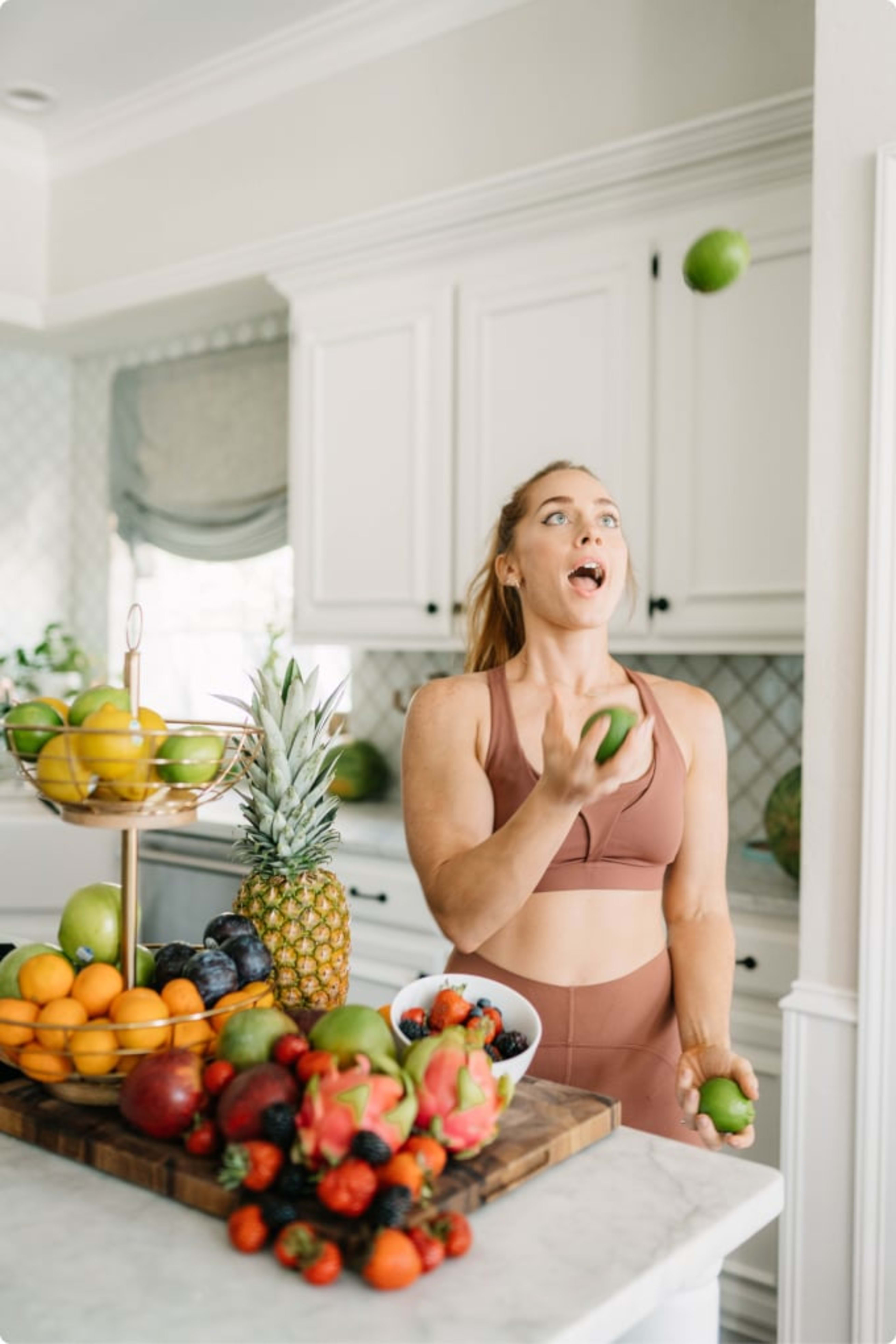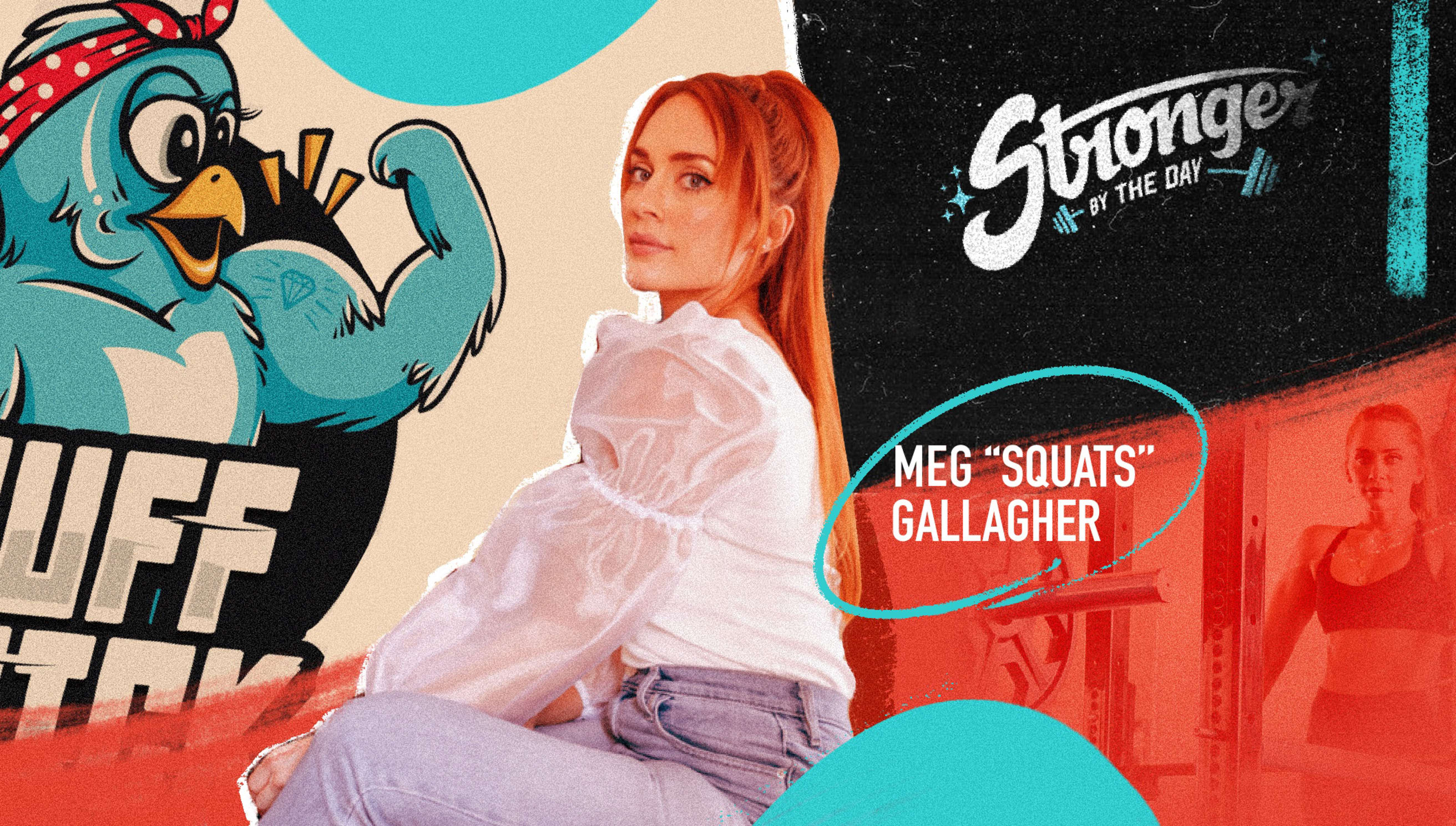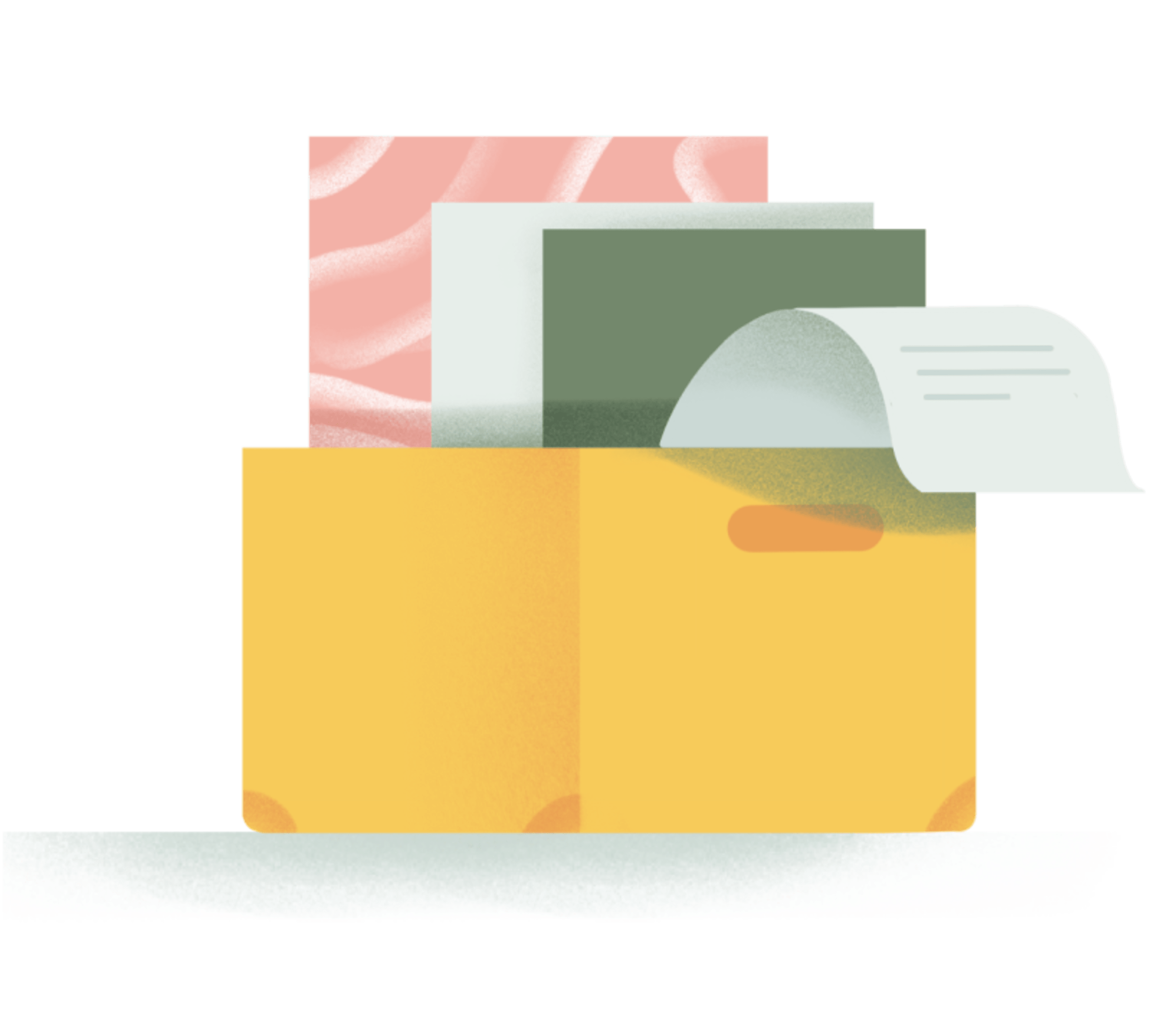People often ask Meg Gallagher if she became a fitness influencer by accident. “Definitely not,” she says with a laugh.
Meg has always been fascinated by the way social media lets people share their lives and connect with thousands of people in a personal and direct way—there’s nothing accidental about her success.
Meg, known to her followers as @megsquats, built her goofy-and-also-strong-as-hell personal brand through social media savvy, a focus on an underserved niche—strength training for women—and a conviction in her mission—to put a barbell in every woman’s hands. Oh, and time blocking. Lots of time blocking.
She started out sharing her fitness journey with a brief foray into bodybuilding—a sport where looks are literally everything—then went all in on strength training. She’s since competed in powerlifting at the national level and has coached tens of thousands of strength athletes of all levels through their first squat, first meet, or first national-level competition.
“There's a shift that I think a lot of people experience when they start lifting. It’s very numbers-oriented and you're able to really see your progress and graph it out. That was a huge confidence booster for me. When I started focusing on getting strong, I stopped being so focused on how my body looked.”
Meg has parlayed her considerable Instagram and YouTube audiences into a growing strength training brand, Strong Strong Friends, with a membership-based lifting program Stronger by the Day (complete with pandemic-proof, at-home bodyweight options); an 8-week Before the Barbell beginners’ course for anyone who wants to gain confidence lifting; nutrition courses and coaching; and her new line of strength supplements called Buff Chick.
When Meg became pregnant late last year, she set out to learn everything there was to know about staying strong while navigating the body’s changes through each trimester and returning to strength training after birth. She’s currently focused on creating a new pre- and post-partum strength program women can follow to stay strong safely throughout their pregnancy and post-birth recovery. And of course, she’s sharing all about her own experience on social media.
As an influencer and business owner with big plans for the future, it’s no surprise that Meg is as dialed in with her productivity as she is with her fitness.
Meg walked me through her day, her workflow for turning even the biggest project sprints into Todoist tasks that take 45 minutes or less, how she time blocks each and every one of those tasks on her calendar, and her mind trick for nipping procrastination in the bud.
I’m not a morning person, although I wish I were
I start work between 10:30am to 11:00am. I'll never get it out of my head that early morning people are more productive. But I’m always going to make sure I get enough sleep––that’s important to me.

Every day is different, but most of my workday I’m sitting at my desk or in meetings. I have a dedicated filming day on Fridays. I plan and write out exactly what I'm going to do beforehand so that filming goes smoothly. Sometimes filming will be reading off a teleprompter. Sometimes filming will be me working out and demoing movements. Sometimes filming will be a YouTube vlog where I'm taking people throughout my day.
If I’m not filming or working on videos, I’m building programming. Right now, I'm creating a pre- and post-natal program. That includes a lot of program writing and consulting with other professionals to ensure I’m making the right decisions. We launched a supplement company in November 2020, so right now we're also designing labels and sending them for approvals, ensuring that the font size is large enough for the FDA and other minutiae.
Blurring the lines between work and life as an influencer
I take a break at some point for lunch. A lot of times, that includes cooking something that I share with my audience to talk about nutrition or suggest a recipe. I don't count that as work. I mean, I love Instagram stories. That's probably my preferred way to communicate because it's really casual. I feel like I'm talking to friends.

I'm lenient with myself when it comes to taking breaks––I can’t just be stuck at my desk all day. I try not to be too boring of a person. I still need to be someone who can help people by sharing my own experiences, whether it’s making the decision to work out that day, on what to eat for lunch, or what to shop for at the grocery store. It’s kind of lame to always be doing things for social media, but I like it. It makes things interesting and pushes me out of my comfort zone.
I train three days during the week and then I have a dedicated filming day on Fridays. I meet up with my brothers and my dad to train at 6:00 PM two days during the week. We also train on one weekend day together, which is nice because that workout is a little more chill.
I'll share what they’re doing and their progress on social media because they're all doing my Stronger by the Day program. Or I'll record myself. Even though I’m promoting the program and sharing things that my audience wants to know about, it’s hard for me to count that as working. Is that on my Todoist? No.
Even if it's for the purpose of sharing something with my audience, I still get to enjoy these meals and workouts. It motivates me to continue sharing with people and telling them about something new that I tried or something new that I think could help them.
Blocking Mondays for meetings and planning “real work” for the week
Every week, Mondays are full of meetings. That’s when my to-do list is open and I work with my partner and fiancé to plan the week. Typically we meet to talk about the different aspects of our businesses and what we need to accomplish.
Right now we’re in a work sprint trying to get our pre- and post-natal program finished, and then our second nutrition course that will teach people about macro-nutrients and advanced strategies for fat loss or weight loss or muscle gain, whatever their goals are.

This work sprint is a big focus of mine in the first half of the year so I can set myself up to enjoy starting my family when the time comes. I'm due in July, which is the perfect mid mark. As a business owner, it's not possible for me to fully take off on maternity leave, but I'm hoping that I can set myself, my business, and my team up so that I can have flexibility.
We use a very archaic Excel sheet that keeps track of what’s going on across all the businesses. That’s our master work plan of the big things. Then I use my Todoist as a way to motivate me through those big things. Those meetings tend to be kind of long, and I’m basically assigning myself my entire week during those Monday meetings.
I try to complete all of my small but important tasks in my Todoist right away on Monday. I just knock them out and I don't have to think about them. And then the middle of my week is really focused on that big project that I'm working on.
Breaking weekly goals down and putting time estimates on every task

I break down my bigger goals for the week into smaller tasks. Let's say I'm doing our pre- and post-natal programming. Instead of making my task for that day to finish the entire program, I have it broken out. Pregnancy is easy because it's in trimesters, and strength training is easy because usually you break it down into mesocycles—four-week blocks of training. So I look at that project and say, "Okay, I'm going to write trimester 1.1, the first block of the first trimester. Then the next hour, I'll focus on 1.2.”
I feel like that's less daunting. Instead of thinking about my weekly goal, it's nicer to look at my day as time blocks. Then, all of my tasks only take me 30 minutes or 45 minutes, rather than a six-hour project that I need to do today.
When I write a task, I project how long I want it to take me and add that estimate in the task name. I then assign times to every task and sync my Todoist with my iCal* so I can look at my day at a glance. That’s been a godsend.
*Todoist also has integrations for Google Calendar and Outlook.
Pomo-flexing as motivation to get started
I also sync Todoist with a Pomodoro app called Flat Tomato. I use the timer to motivate myself to start a project. But when it tells me to break, I often don't listen and I just keep working. Maybe I'm just teaching me not to trust myself, but it's a nice trick to get started: "Okay Megan, you can stop watching YouTube for 25 minutes."
Even if I ignore the breaks, the timer keeps me focused on one thing at a time and aware of how long I've been sitting down. Maybe I should adjust it so that my work time is a little longer, but it makes me feel extra productive when I'm like, “Oh, I don't need to break. I can keep working and I can break in a minute.” Or, “Okay, I'm in the middle of this. Let me skip the break and then take it the next round.”
You're always one decision away from being on track
One thing that holds people back is when they have a misstep: they miss a workout or don’t make the healthiest or most goal-aligned choice they could have made. I like to tell people, “you're always one decision away from being on track”. Just keep that in mind. You could feel like you're off track, but it only takes your next step to get back on and go from there.
This interview with Meg Gallagher has been edited and condensed.

